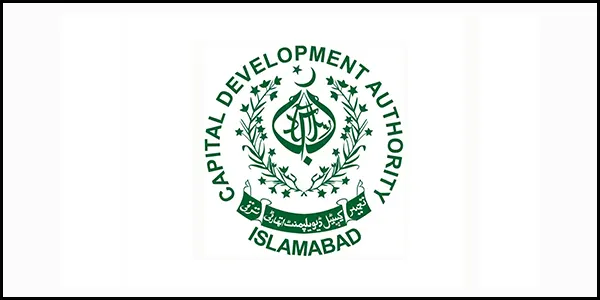Justice Shams Mehmood Mirza of the Lahore High Court (LHC) has called upon the Pakistan Electronic Media Regulatory Authority (PEMRA) to ensure complete freedom of speech and the non-imposition of bans or prohibition orders on the speeches of any political party leader.
This directive was issued during the hearing of a plea filed by Imran Khan, the founding chairman of Pakistan Tehreek-e-Insaf (PTI), against the ban on his name and speeches on television channels.
In his instructions, Justice Mirza specifically directed PEMRA to ensure a level playing field for all political parties in broadcasting their content and speeches, especially in the context of the upcoming general elections. Expressing concern over the credibility of the upcoming elections, Justice Mirza remarked that the ‘nature of the elections is widely known’.
The petitioner’s counsel, Advocate Muhammad Ahmad Pansota, shed light on the Election Commission of Pakistan’s (ECP) general election schedule, fixing February 8 as the election date. Pansota argued that depriving the petitioner of the right to broadcast his name or speech on TV channels, especially in the lead-up to the elections, is equivalent to denying his rights.
Responding to this, Justice Mirza surprisingly asked “are the elections going to be held?”, to which Pansota clarified that the ECP had indeed issued its schedule. The judge reiterated his earlier remark about the anticipated nature of the elections saying, “everyone knows what sort of elections are going to be held”.
The judge also raised questions about the entity behind the ban and the instructions given to TV channels. He inquired whether it was PEMRA or what he referred to as the ‘agriculture department’ (commonly used to describe the establishment).
The counsel representing the media regulatory body responded by stating that PEMRA would submit its response after examining the USB provided by the petitioner’s counsel, containing the record of beeps during the mention of Imran’s name.
Justice Mirza emphasised that bans on freedom of speech are characteristic of totalitarian dictatorial regimes and should be rejected in free democracies. He highlighted the changing times, where the prevalence of technology, gadgets and social media renders such bans on freedom of speech futile. Given the proximity of the elections, Justice Mirza directed that political parties must be granted the freedom to communicate and advance their political agendas to the masses.
The assistant attorney general, Sheraz Zaka, representing the federation, argued that a balance must be struck between maintaining public order and preserving freedom of speech. He referenced a case in the USA where Donald Trump was disqualified for making hateful speeches. Zaka also mentioned the Faizabad dharna case judgment, where PEMRA was reprimanded for not taking action against hateful incendiary speeches.
Pansota, strongly opposed the arguments, claiming that concocted FIRs were filed against PTI’s leaders, and imposing bans on speeches is illegal, especially with general elections scheduled for February 8.
Justice Mirza dismissed the applicability of such dictums in the current scenario, emphasising the need to grant freedom to every political party.
He directed PEMRA, represented by advocates Haroon Duggal and Waqas Mir, to produce an affidavit signed by the PEMRA chairman, ensuring freedom of speech without any ban or prohibition on political party leaders’ speeches. The proceedings were adjourned for two weeks.










